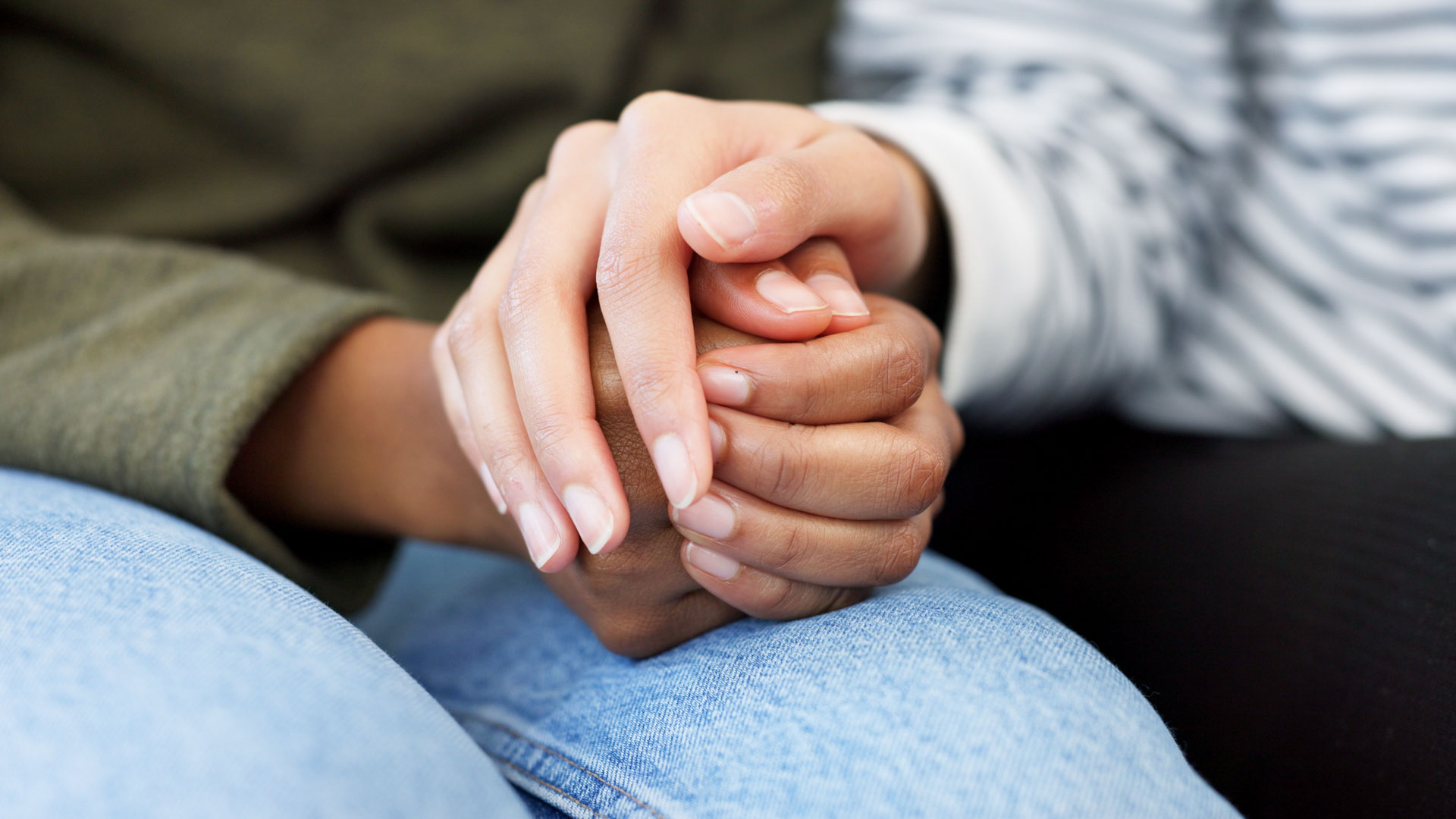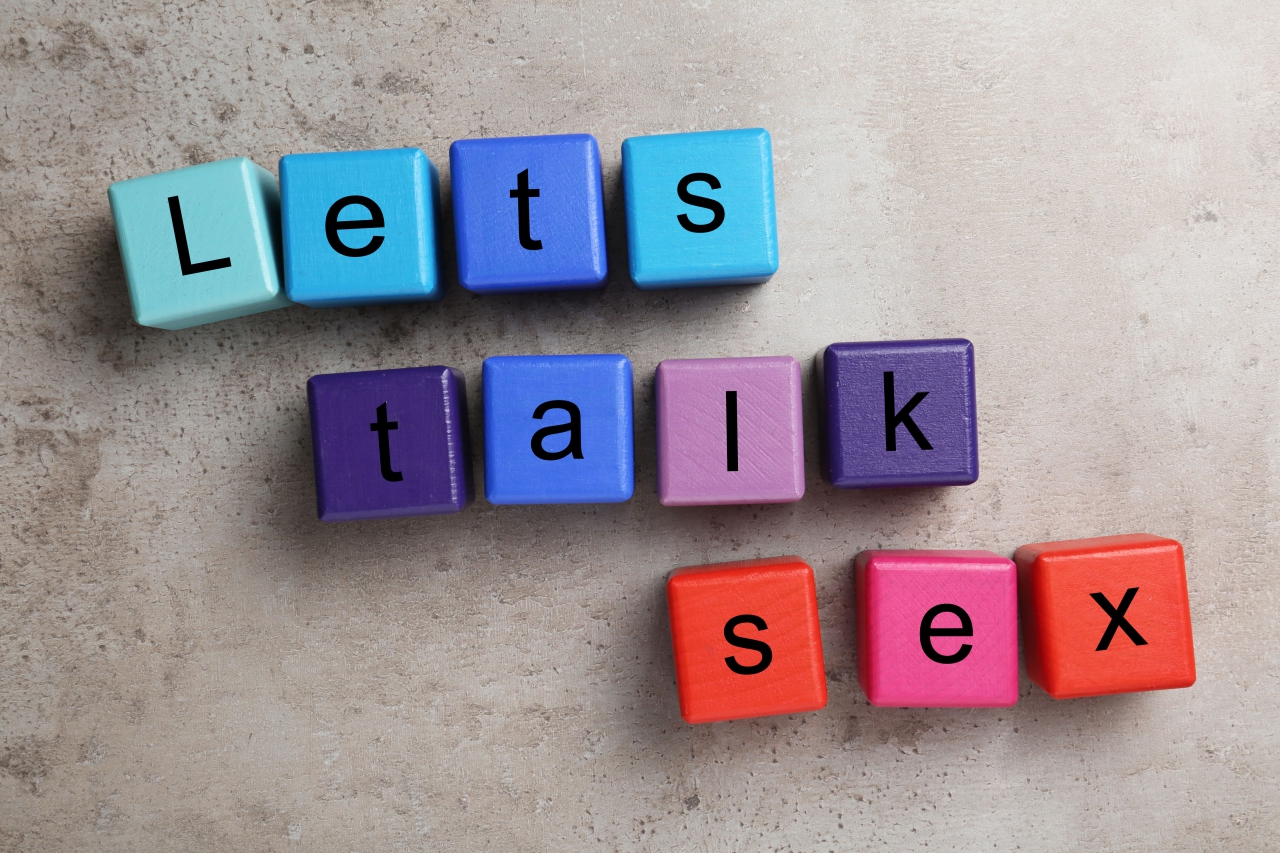Safe Conversations: Talking About Sexual Wellness with People Living with Disability - Clinicians

Guidance for Allied Health Professionals
As healthcare professionals, we know that wellbeing is more than physical health alone, it’s emotional, social, and sexual too. Yet, conversations about sexuality and sexual wellness can still feel uncomfortable or uncertain, particularly when supporting people living with a disability.
The World Health Organization (WHO) reminds us that “access to sexual and reproductive health services is a human right and should be available to all people throughout their lives.” This principle sits at the heart of person-centred care, affirming that everyone has the right to experience sexual expression, intimacy, and connection in a safe, informed, and respectful way.
Why These Conversations Matter
As Australian society becomes more open to conversations around sexuality and sexual wellness, these topics are increasingly finding their place in clinical practice, whether raised directly by clients or through their support networks. Normalising such discussions within healthcare settings goes beyond satisfying curiosity; it empowers people with disability to exercise autonomy, self-determination, and a stronger sense of identity. This is especially significant for young people navigating the formative stages of their sexual development, where open, informed dialogue can foster confidence, understanding, and connection.
For clinicians, approaching sexuality and sexual wellness as essential components of holistic health enhances a person’s capacity, independence, and overall quality of life. Through evidence-based and person-centred practice, each practitioner contributes their unique expertise within the multidisciplinary team to support individuals in achieving their goals. In doing so, it remains vital to uphold professional scope of practice, respect the dignity of risk, and maintain a focus on the person’s overall health, wellbeing, and autonomy in every aspect of care.
The Challenge: Talking Comfortably and Effectively
Despite good intentions, these conversations can still be challenging. Both the clinician and client may feel uncertain, embarrassed, or unsure of boundaries. Moreover, communication styles, cognitive differences, or previous experiences of trauma can all influence how such discussions unfold.
Creating a space where clients feel safe and respected requires preparation, patience, and empathy.
Practical Communication Tips for Clinicians
Research highlights several key strategies for healthcare professionals to create safe, effective, and inclusive communication environments:
- Use neuro and gender-affirming language.
Communicate using inclusive, person-centred language that respects how each client identifies and processes information. This may include asking and using the client’s correct pronouns, using plain or specific language where appropriate, avoiding gendered assumptions, and validating diverse expressions of sexuality and identity. - Create a safe, private environment.
Conduct sessions in a quiet, comfortable space that supports confidentiality and openness. - Be aware of non-verbal communication.
Body language, facial expressions, and tone of voice can communicate judgment or comfort often more loudly than words. - Adapt communication methods.
Tailor your approach to suit the individual’s communication needs. Use visual aids, simplified language, or assistive technologies where appropriate. - Reflect on your own values and beliefs.
Acknowledge that personal opinions about sexuality may not align with your client’s experiences. Self-awareness helps avoid bias and unintentional judgement. - Be trauma-informed.
Many clients may be living with the ongoing impact of trauma, which can influence their comfort with sexual discussions. Proceed gently and always with consent.
By combining empathy with professional boundaries, clinicians can create a safe and empowering space where clients feel validated and supported.
Resources to Support Clinical Conversations
Clients often seek practical advice and credible information about sexual health and wellbeing. The following Australian-based resources can complement your practice and help guide clients to evidence-based, inclusive education.
Under the Covers
An Australian initiative by Northcott Innovation, Under the Covers raises awareness that people living with disability are sexual beings with the right to relationships and intimacy.
🎥 Watch the “Sex & Disability” Video Series (Part 1)
Planet Puberty
A practical online guide for parents and caregivers supporting children with intellectual disability or autism through puberty.
SECCA (Sexuality, Education, Counselling and Consultancy Agency)
Provides educational resources for people with disability, families, educators, and clinicians.
Rainbow Inclusion
Created by and for LGBTIQA+ people living with intellectual disability, this site includes booklets, videos, and accessible fact sheets.
Rainbow Rights
A self-advocacy group run by and for LGBTIQASB+ people with intellectual disability, sharing lived experience and accessible information.
Young Deadly Free
An Aboriginal and Torres Strait Islander youth-focused sexual health resource promoting safety, respect, and informed decision-making.
Queensland Aboriginal and Islander Health Council (QAIHC)
Provides culturally informed resources to empower Aboriginal and Torres Strait Islander peoples to make confident, informed decisions about sexual health and wellness.
🔗 QAIHC Sexual Health Resources
For Allied Health clinicians, engaging in safe conversations about sexual wellness isn’t about having all the answers, it’s about creating the right environment for curiosity, autonomy, and respect.
By normalising these discussions, listening without judgment, and connecting clients to trusted resources, we not only uphold human rights but also strengthen the foundations of holistic, person-centred care.
Because every person, regardless of ability, deserves the right to explore, understand, and express their sexuality safely and confidently.
Learn in a space where your questions are welcome
Join live sessions or watch on demand — all created by professionals who understand the real-world challenges of exploring sexuality, identity and connection.
- Sexuality & identity
- Consent & communication
- Relationships & intimacy
- Confidence & self expression
- Disability & sexual wellness
- Support & education for carers



